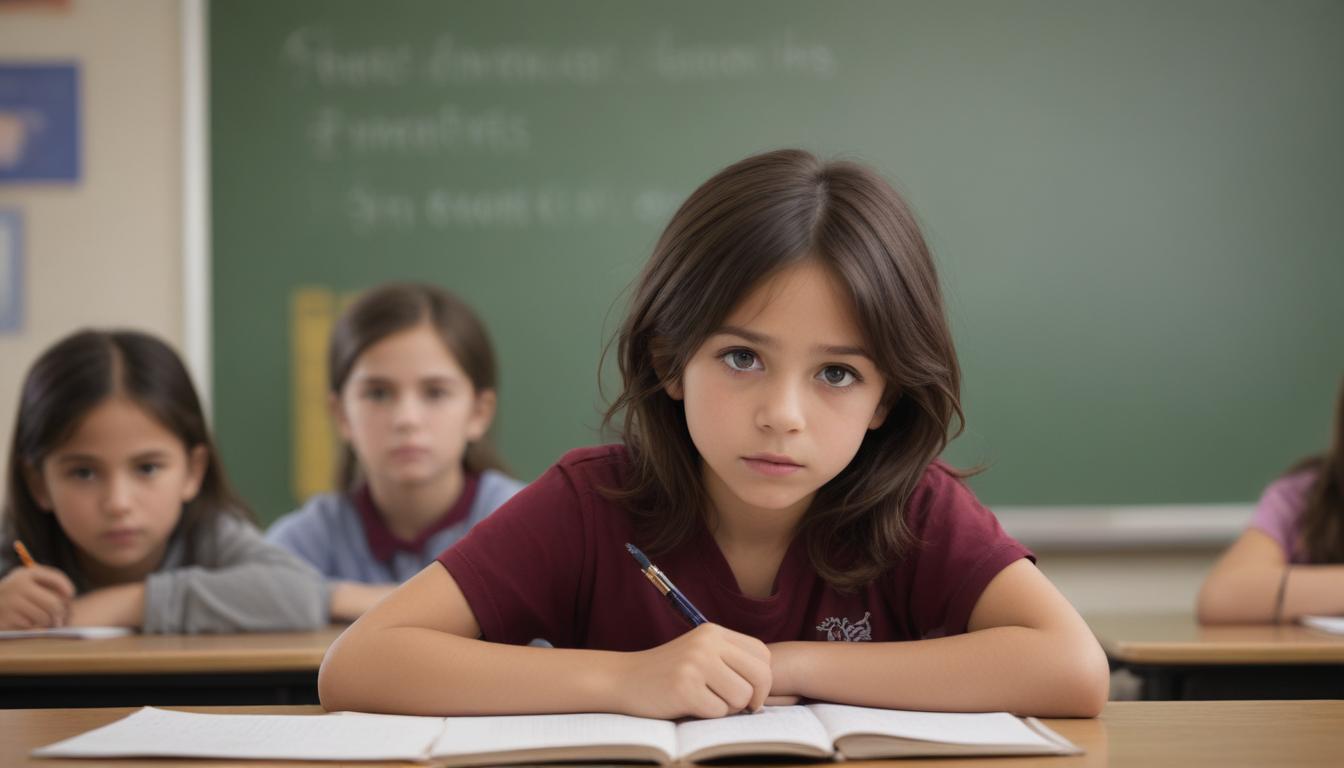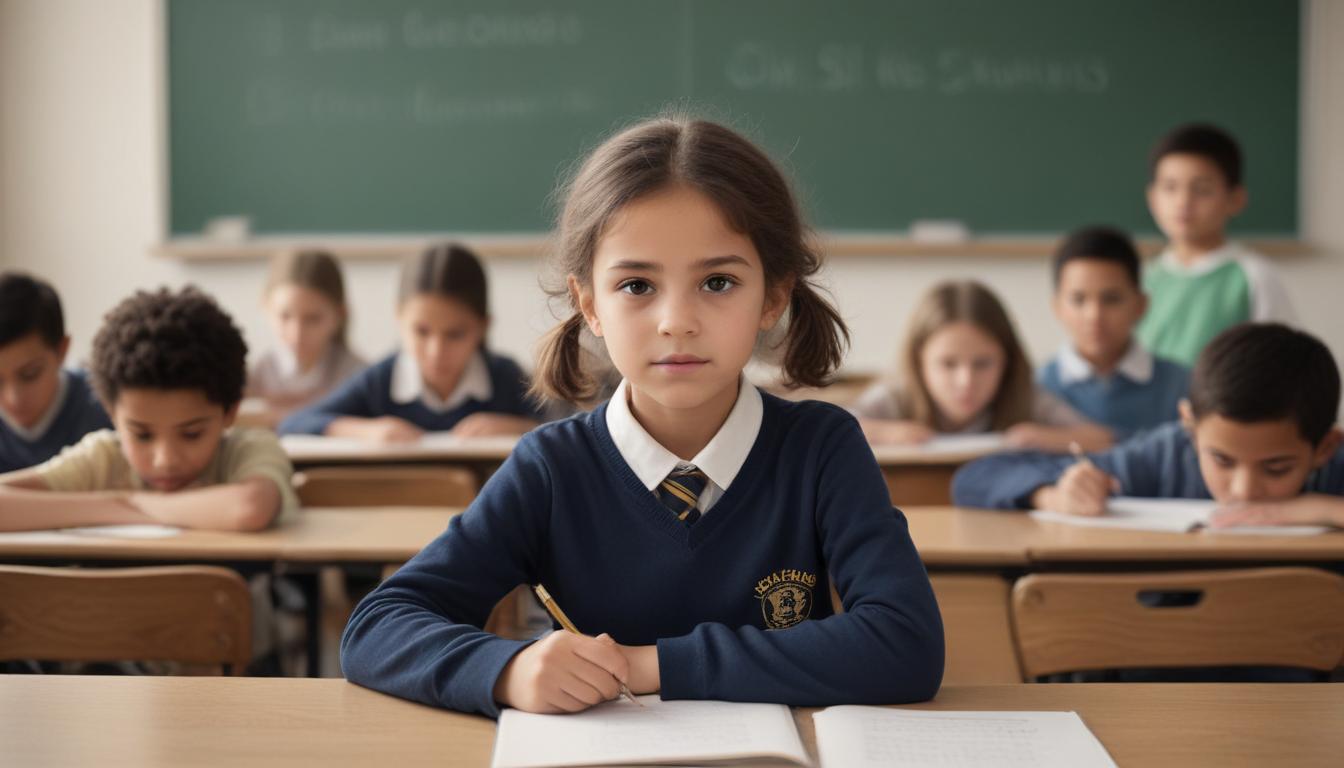Now Reading: SEL Your Key to Academic Success
-
01
SEL Your Key to Academic Success
SEL Your Key to Academic Success

The Impact of Social Emotional Learning on Academic Success
Are you watching a bright, capable student struggle to reach their full potential? You see their intelligence, but you also see the frustration, the lack of focus, or the difficulty they have working with others. Perhaps their grades are inconsistent, not because they don’t understand the material, but because anxiety, distraction, or social challenges get in the way. You’ve tried extra help and new study habits, yet something still feels missing. This gap isn’t about intellect; it’s about the essential skills that allow a student to manage their inner world so they can conquer their academic one.
The solution lies in a powerful approach that builds students from the inside out. Social-Emotional Learning, or SEL, is the missing piece of the puzzle. It’s not another subject to memorize, but a set of fundamental life skills that directly fuel academic achievement. By equipping students with the tools to understand their emotions, manage stress, and collaborate effectively, we empower them to become more focused, resilient, and successful learners. SEL is the foundation upon which lasting academic success is built.
What Is Social Emotional Learning Exactly
Social-Emotional Learning is the process through which individuals learn and apply the knowledge, skills, and attitudes to develop healthy identities, manage emotions, and achieve personal and collective goals. Think of it as the operating system that runs in the background, allowing all other programs—like math, science, and literature—to function effectively. It moves beyond traditional academics to teach the abilities that are critical for navigating the classroom, the playground, and eventually, the workplace. These skills are often grouped into five core areas self awareness, self management, social awareness, relationship skills, and responsible decision making.
This is not a “soft skill” initiative that takes away from core instruction. Instead, it is the very framework that makes that instruction stick. When a student can recognize they are feeling anxious before a test (self awareness) and use a breathing technique to calm down (self management), they are far more likely to perform well. When they can understand a classmate’s perspective during a group project (social awareness) and communicate their own ideas respectfully (relationship skills), the entire group learns more effectively. SEL is a practical, teachable set of competencies that creates the optimal conditions for learning to happen.

The Bridge Between Feelings and Grades How SEL Improves Academic Performance
The connection between social-emotional health and academic performance is direct and undeniable. A student’s ability to learn is deeply intertwined with their ability to manage their inner state. For instance, a core component of SEL is improved focus and attention. A student who is overwhelmed by frustration or distracted by a conflict with a friend cannot fully engage with a lesson on algebra or historical events. SEL teaches students to identify these internal distractions and develop strategies to manage them, a skill known as self-regulation. This leads to more time on task, better information retention, and ultimately, higher grades and test scores.
Furthermore, modern education heavily emphasizes collaboration and communication. Group projects, class discussions, and peer reviews are standard practice, and success in these areas requires strong SEL skills. Students proficient in SEL can listen actively, articulate their thoughts clearly, and navigate disagreements constructively. They become better teammates and more engaged classroom participants. This fosters a more positive and productive learning environment for everyone. This collaborative strength is directly linked to deeper understanding, as students learn from one another and build knowledge together, moving beyond simple memorization to true comprehension.
Finally, SEL builds the single most important trait for long-term success academic resilience. Learning is a process filled with challenges, setbacks, and moments of failure. A student without resilience might see a bad grade as a final judgment on their ability and give up. A student with a strong SEL foundation sees it as a data point. They can manage their disappointment, analyze what went wrong, make a responsible decision to change their study habits, and have the confidence to ask a teacher for help. This ability to bounce back from academic adversity is what separates struggling students from thriving ones and prepares them for a lifetime of learning and growth.




































